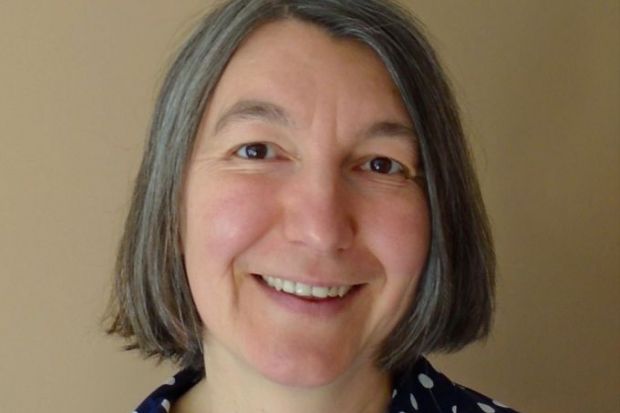An astronomer who claims that she was passed over for a permanent job because of spousal hiring has said that she feels “let down” by recruitment policies.
Hermine Landt-Wilman joined Durham University in September 2020 as an assistant professor in observational astronomy on a Daphne Jackson fellowship, which supports scientists who have had a career break for caring responsibilities to get back into research.
Dr Landt-Wilman, who previously held a scholarship at Durham between 2011 and 2016, said that the institution had promised to support her as a strong candidate for a permanent post in this field that it expected to fill shortly, and said that she was praised throughout her tenure, securing a promotion to associate professor in July 2023.
However, when the permanent post came up, Dr Landt-Wilman was unable to apply for it. Emails sent to Dr Landt-Wilman by a senior colleague, seen by Times Higher Education, indicate that the position was not advertised because it had been filled through a spousal hire, allowing “an outstanding applicant from an under-represented group to accept a place by providing a job for their partner”.
Durham denied it has a spousal hiring policy, but accepted it occasionally made “type B” hires, where a department identifies a single or small number of “higher-calibre candidates” for a role. Dr Landt-Wilman said that a series of “type B” hires were made in her department during her time at Durham.
She left at the end of her fixed-term contract in February 2024 due to lack of funding, although she retains the title of academic visitor until the end of October to allow her to complete outstanding publications.
Dr Landt-Wilman told THE that while “nothing illegal” had occurred, she felt “absolutely terrible because I was not given a chance”.
While a diverse workforce was key to “ensuring balanced views [and] inclusive approaches”, she said, upping diversity through spousal hires feels like “giving with one hand and taking with another”.
“On one hand, Durham University hired more female academics through their scheme, but on the other hand they also fired more female academics in the sciences, such as me,” she said. “This then just adds to the depressing results that most studies continue to show, namely the same patterns of gender disadvantages, both horizontally per discipline, and vertically per seniority level.”
Hiring practices and information over spousal hires should be made more transparent by universities to ensure that such policies are clear and can be utilised by more academics, Dr Landt-Wilman said.
A Durham spokesperson said that the documents seen by THE “do not accurately represent university policy and practice”.
“Durham University does not operate a spousal or partner hiring policy, and neither have we previously done so. The hires in question were undertaken following a robust process,” they said.
POSTSCRIPT:
Print headline: Spousal hiring ‘let me down’
Register to continue
Why register?
- Registration is free and only takes a moment
- Once registered, you can read 3 articles a month
- Sign up for our newsletter
Subscribe
Or subscribe for unlimited access to:
- Unlimited access to news, views, insights & reviews
- Digital editions
- Digital access to THE’s university and college rankings analysis
Already registered or a current subscriber? Login








